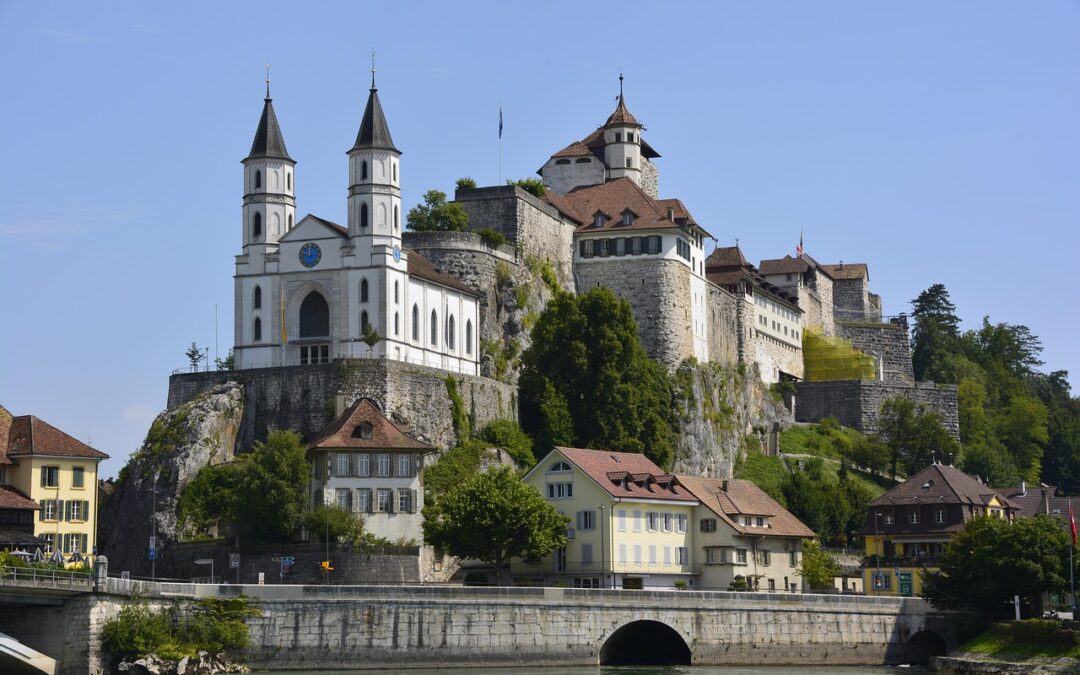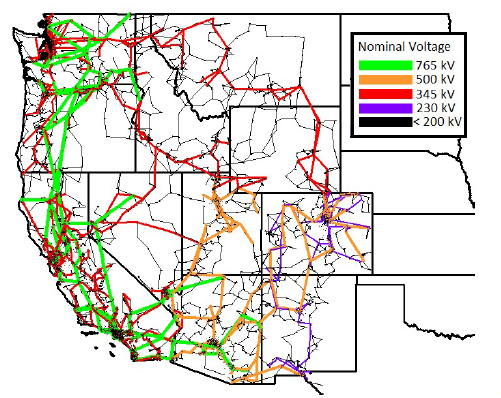Artelys amongst the top ten finalists of the ARPA-E Grid Optimization Competition
In order to accelerate transformational energy innovations that will create a more secure, affordable and sustainable American grid, ARPA-E has established the Grid Optimization (GO) Competition. The GO Competition challenges participating teams to develop and test power system optimization and control algorithms on a range of different synthetic and real network models.
Challenge 1 focused on security-constrained optimal power flow (SCOPF). The optimal power flow (OPF) problem aims to find the optimal dispatch and control settings for power generation, flexible customer demand, energy storage, and grid control that maximize one or more grid objectives, while the SCOPF problem additionally considers security constraints. Challenge 1 allowed the entrants to submit strategies and algorithms for solving such problems and the generated solutions were scored using four different metrics. The NU_Columbia_Artelys team, led by Artelys’ senior scientist Richard Waltz, finished in the top 10 teams across the four-scoring divisions using a software solution built around the industry leading Artelys Knitro nonlinear optimization solver.
Improved SCOPF algorithms can yield significant monetary savings and more powerful nonlinear optimization algorithms help ensure reliable system operations as power flows become more dynamic. As the number of controllable resources connected to both transmission and distribution grow substantially, along with the reliance on stochastic resources, it is important to examine approaches that will handle the increasing complexities driven by the size, non-convexities, and uncertainties associated with power grid management problems. Participating in the design of improved algorithms was no small feat and thereby we would like to applaud again the NU_Columbia_Artelys team for their input in advancing optimization methods for the power grid.

Swissgrid selects Artelys Crystal Super Grid
Artelys is pleased to announce that Swissgrid, the Swiss electricity Transmission System Operator (TSO), has selected Artelys Crystal Super Grid, our multi-energy simulation solution, to support their strategic planning and system analysis activities.

Artelys led the Assessment of Policy Options for Securing Inertia for the European Commission
The European Commission’s Directorate-General for Energy (DG ENER) selected Artelys (leader), Trinomics, and Tractebel ENGIE to study solutions for ensuring the future frequency stability of the European power system. The study report was published in August 2025 by...

Artelys Knitro 15.0: New Tools for Your Large-Scale Models
Artelys is pleased to announce the release of Knitro 15.0, which provides new algorithms and performance improvements to solve your large-scale optimisation problems, whether linear or non-linear, more quickly.

Artelys Introduces Future Sight: a Visualisation Tool Supporting the Energy Transition
As partner in the European Climate + Energy Modeling Forum (ECEMF) – a Horizon 2020 Europe project uniting research institutes and leading energy modellers in Europe – Artelys has contributed to modeling activities powered by Artelys Crystal Super Grid modelisation tool, and has led the development of a fully-fledged visualisation tool.
subscribe to our newsletters
© ARTELYS • All rights reserved • Legal mentions
